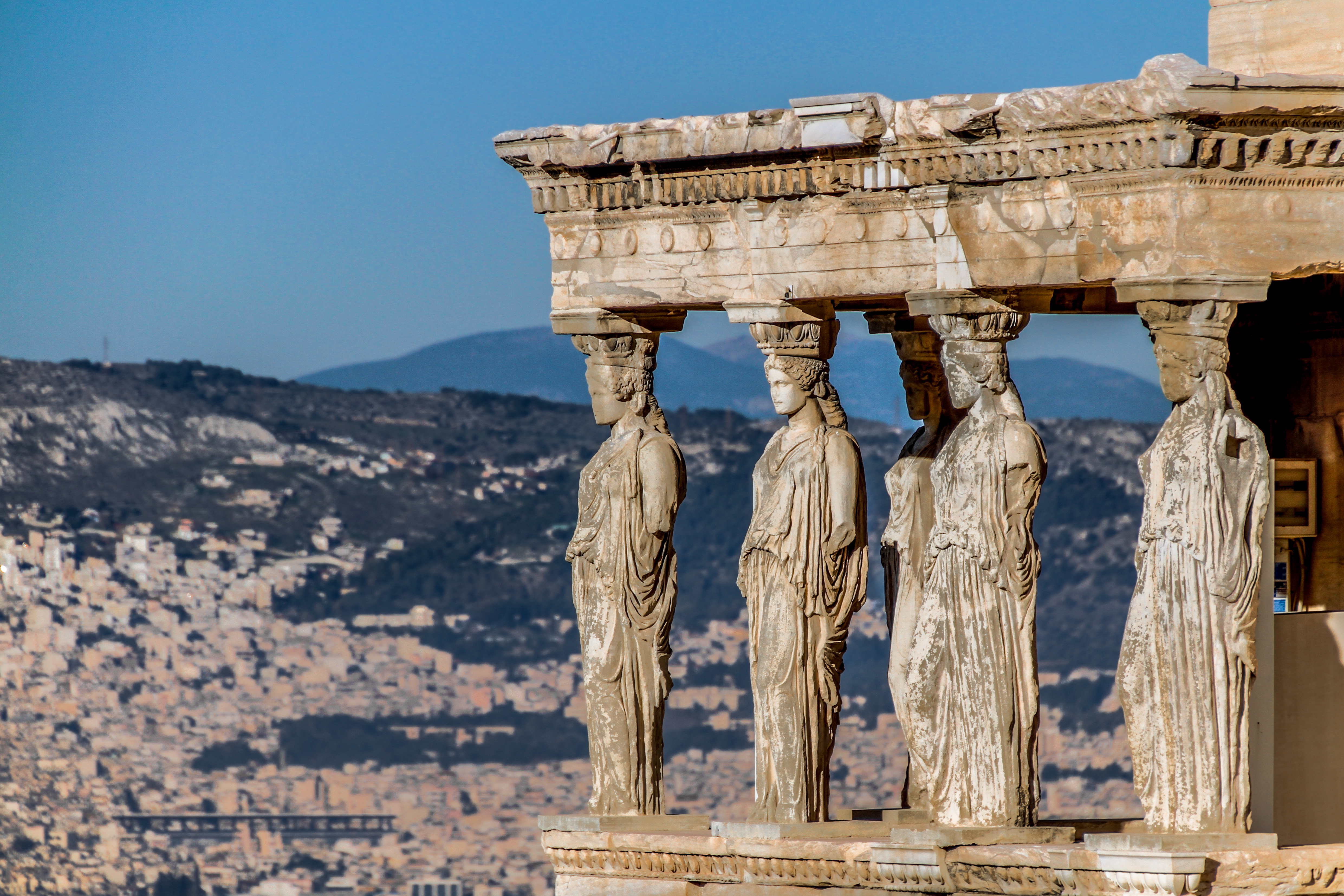
Greece says it is on the cusp of a win-win deal with the British Museum over the Parthenon sculptures, which are expected to start returning to Athens before the end of the year, according to a report in London’s Sunday Times.
A senior Greek official said the “red lines” over property rights to antiquities were solid and suggested a new “British Museum addition” to the Acropolis Museum as one of several possible solutions.
He added that the British Museum and the Greek government have ruled out any “loan or exchange because any such agreement must include a reference to the disputed property issue, which is a red line for both parties.”
Ahead of the next round of talks led by former Chancellor of the Exchequer George Osborne, now chairman of the British Museum, and Greek Prime Minister Kyriakos Mitsotakis, a source acknowledged that obstacles remain.
“But we hope that an agreement will be reached by the end of the year, and the first part of the sculptures will be transported to Athens at the same time,” the official said.
However, British sources said that the idea of ”an extension to the British Museum” was not officially discussed and there is no timetable for its implementation.
The return of archaeological treasures that were seized by Lord Elgin in Ottoman-ruled Greece in the early 1800s and then sold to the British government, which turned them over to a museum, remains a sensitive issue in Greece, where elections are held in the spring. .
Last week, the Greek opposition spokesman for culture ruled out any deal that did not make it clear that the sculptures belonged to Greece. Sia Anagnostopoulou told the New York Times that it was “a matter of dignity for all Greeks, as it is for the British, to be asked to temporarily ‘borrow’ the stolen parts of Stonehenge.”

The British government has repeatedly ruled out changing the law to allow the trustees of the British Museum to decide whether they can donate items to its collection.
Michel Donlan, Britain’s minister of culture, said the sculptures belong to Britain and sending them to Greece would be a “dangerous route”. “This would open the Eol bag to all the contents of our museums.”
However, public opinion in the UK seems to be aligned with that in Greece. A YouGov poll last year found that nearly 60% of Britons thought the sculptures belonged to Athens.
A Greek government source said yesterday that Mitsotakis and Osborne had agreed to “moderate their rhetoric.”
“We are working on a broad and long-term cultural agreement that will include the exchange of historical objects between Greece and the British Museum,” the official said. “That’s what we mean by ‘win-win’,” the same source said, adding, “They are returning to their homeland.”
Creating a British Museum “attachment” to the Acropolis could be a way to sidestep ownership issues. In return, treasures stored in Greece will arrive for display in the UK, including hitherto unknown Cycladic and Byzantine artifacts.
However, questions remain about how many pieces of the marble frieze or other statues that Elgin took and are in the British Museum the British side is willing to return as they remain a popular tourist attraction in London.
A spokesman for the British Museum said: “We are acting within the law and will not dismantle the museum collection as it tells our shared human story. However, we look forward to a long-term partnership that will allow us to share some of our greatest properties with the public.”
Source: Sunday Times.
Source: Kathimerini
Ashley Bailey is a talented author and journalist known for her writing on trending topics. Currently working at 247 news reel, she brings readers fresh perspectives on current issues. With her well-researched and thought-provoking articles, she captures the zeitgeist and stays ahead of the latest trends. Ashley’s writing is a must-read for anyone interested in staying up-to-date with the latest developments.